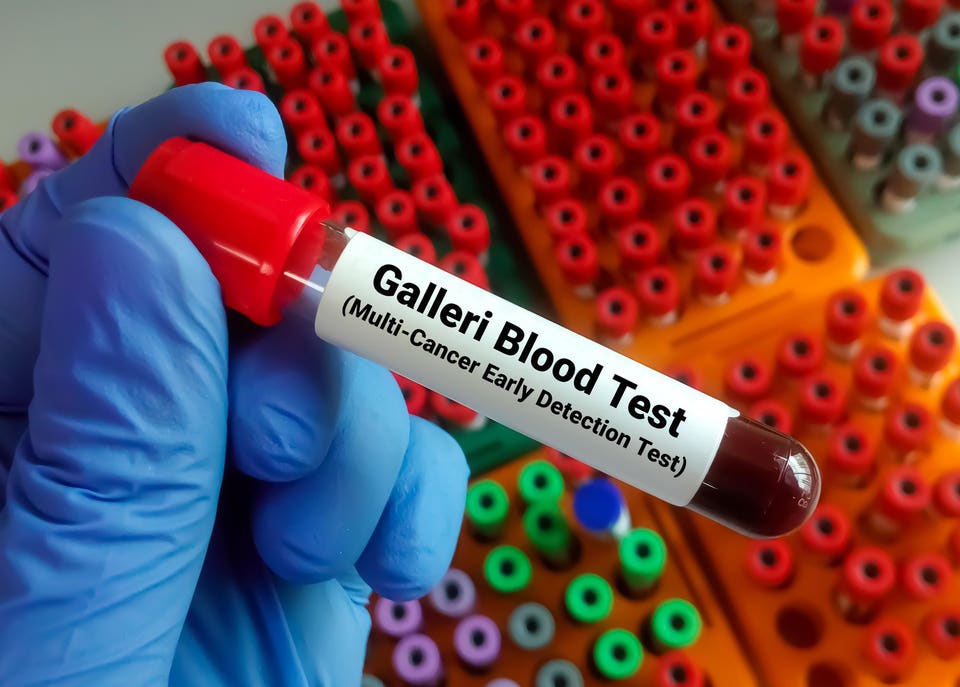
Microsoft’s cancelled reboot of the iconic game Perfect Dark was set to introduce an innovative gameplay mechanic known as the “adrenaline system.” This recently revealed feature aimed to enhance player engagement and experience, making it a significant addition to the game’s design.
Details of the cancelled project, which was abandoned in 2023, have emerged from a report by TweakTown. The adrenaline system was intended to dynamically adjust gameplay based on player actions, offering a more immersive experience. This system would have responded to various in-game scenarios, potentially affecting gameplay pacing and intensity.
Unpacking the Adrenaline System
The adrenaline system promised to elevate the traditional first-person shooter experience by introducing real-time changes to gameplay. For example, players could find their character’s abilities enhanced during high-stakes moments, creating a sense of urgency and excitement. Such a feature could have differentiated Perfect Dark from other titles in the crowded shooter market.
This innovative approach reflects a trend in game development aimed at increasing player immersion. With the gaming industry continuously evolving, Microsoft’s ambition to leverage cutting-edge technology like this system is notable. Although the project didn’t reach completion, the ideas behind it could influence future game designs.
The decision to cancel the reboot came as Microsoft reassessed its portfolio and strategic direction for Xbox. While many fans were eager for a new iteration of Perfect Dark, the company ultimately chose to focus resources on other projects. This pivot highlights the challenges faced by large developers in balancing fan expectations with practical business considerations.
Impact on the Gaming Community
The cancellation of Perfect Dark has sparked discussions among gaming enthusiasts regarding the future of beloved franchises. The potential for new gameplay mechanics, such as the adrenaline system, raises questions about what innovations might be lost with this project. Gamers often look forward to advancements that redefine gameplay experiences, and the absence of this reboot leaves a gap in that anticipation.
As the gaming landscape continues to evolve, Microsoft will likely explore new avenues for reviving classic titles. The interest generated by Perfect Dark’s planned features indicates that there is still a strong appetite for innovation within established franchises.
While the adrenaline system may remain a concept that never saw the light of day, its introduction in a different context could reshape future game releases. As developers continue to push the boundaries of technology and design, the lessons learned from projects like Perfect Dark will undoubtedly inform upcoming creations.
In conclusion, Microsoft’s decision to cancel the Perfect Dark reboot reflects the complexities of game development in today’s industry. The innovative ideas, such as the adrenaline system, remind us of the potential for creativity and evolution within gaming.







